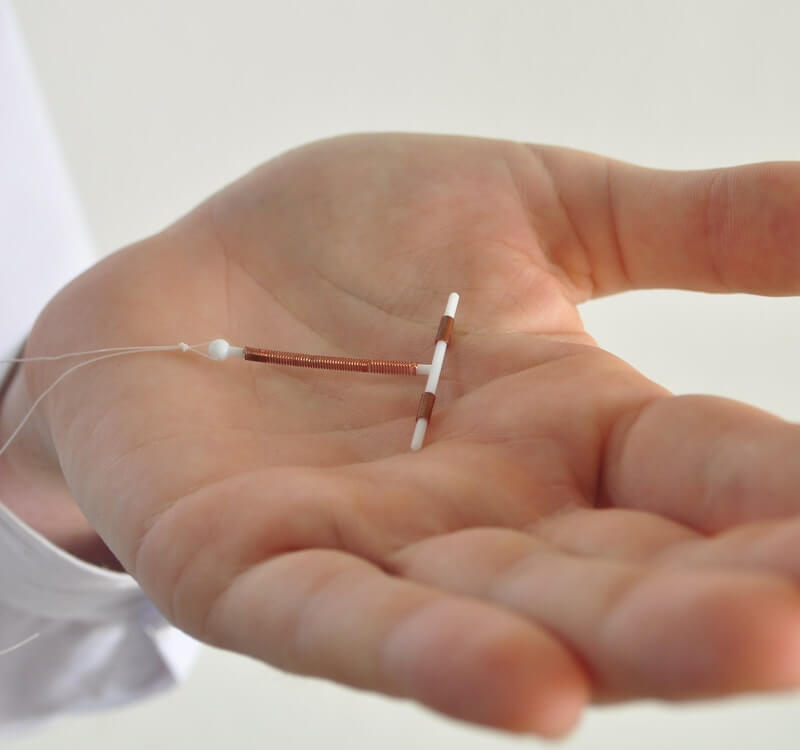Picking between contraceptives can be a bit overwhelming. Today, there are so many different options out there, how do you know which one is right? At OB-GYN Women’s Centre, we help women answer this question every day. Every woman’s body and needs are different, so it’s important to know what will work for you.
Pros and Cons of Different Birth Control
1. The Pill
This is one of the most popular forms of birth control among women. The pill is an oral contraceptive taken daily. It contains estrogen and progestin that stops your body from releasing eggs and prevents sperm from reaching your eggs. It is around 91 to 99 percent effective, however this number drops when women forget to take the pill around the same time every day.
Pros: Many women take the pill to lighten their periods and lessen the symptoms of PMS. It can also help prevent acne, some cancers, pelvic inflammatory disease and ovarian cysts.
Cons: Some women have a hard time remembering to take the pill every day, increasing their chances of pregnancy. It also increases the chances of blood clots, heart attack and stroke.
2. IUD
An intrauterine device (IUD) is a small, t-shaped device made of a flexible plastic. A physician will insert it into a woman’s uterus in order to prevent pregnancy. There are two types of IUD currently available, copper and hormonal. They work with the shape of a woman’s uterus to prevent the sperm from reaching the egg. Hormonal IUDs give extra protection by thickening the cervical mucus, blocking sperm. IUDs are more than 99 percent effective.
Pros: They can last anywhere from three to twelve years. IUDs are idea for women who want to start a family some day in the future, but not quite yet. Hormonal IUDs may also lighten cramps.
Cons: After insertion, there can be some mild cramping and pain. Some women have irregular spotting for up to six months after the implantation.
3. Birth Control Shot
If you’re not afraid of needles, then the birth control shot may be for you. This shot is done in the arm and releases hormones in your body. These hormones thicken the cervical mucus and thin the endometrium, prevent the sperm from reaching the eggs. It is 94 to 99 percent effective and is administered by a physician once every three months.
Pros: It can lessen the symptoms of PMS and does not have the same negative side effect of estrogen.
Cons: You have to go to your doctor’s office every three months for the shot. Some women also experience irregular periods, sore breast and other symptoms.
4. Birth Control Implant
This is a small piece of flexible plastic inserted in a women’s upper arm. It works by releasing a hormone called progestin. This hormone has two jobs; stopping eggs from leaving the ovaries and thickening the cervical mucus to stop sperm from reaching the eggs. It is 99 percent effective and last for up to three years.
Pros: It is a long lasting and hassle free method of birth control.
Cons: There may be some pain or discomfort during insertion. Some women also have irregular bleeding for up to 12 months after insertion.
Get The Right Birth Control For You, Contact OB-GYN Women’s Centre in Lakewood Ranch
These are just some of the birth control options we offer at OB-GYN Women’s Centre. To find out which option is best for you, make an appointment to see one of our physicians today!




